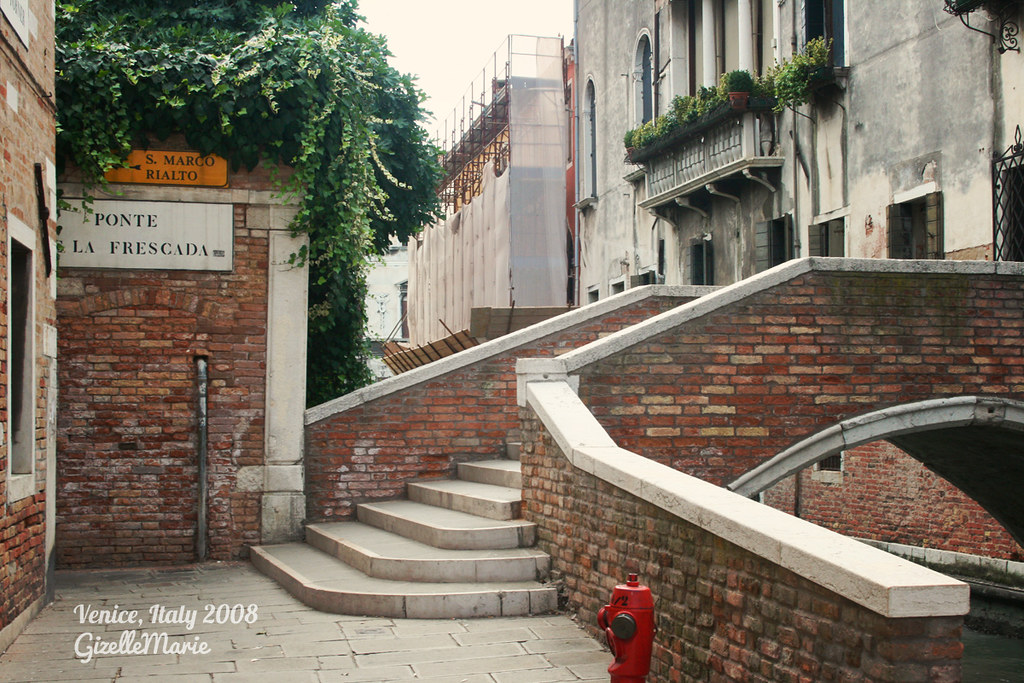If you plan on traveling to a foreign country, it’s best to know how to speak the locals’ native tongue. Learning the basics of a language before going on a vacation is essential not only to help you immerse in the country’s culture, but also to help you get past sticky situations in a place where English may not be the first language.
Case in point: you’re in Italy and would want to seek help for directions going to Venice’s St.Mark’s Basilica. Or while on a holiday in Peru, you suddenly needed to buy medicine for your migraine. You approach a resident and ask, but he doesn’t understand you because he hardly speaks English. Do you end up doing myriad hand gestures until he comprehends what you are saying or give up asking entirely?

Table of Contents
Learn Before You Go
Of course, you can’t expect every person in the country you’re visiting to have a good grasp of the English language. So why not take your travels as an opportunity to learn to speak in the locals’ native tongue? Knowing how to verbally communicate in their language allows you to enjoy a relatively hassle-free vacation in a foreign land.
Months before your vacation, take lessons on the language of the country you’re visiting. This will enable you to study basic words, grammar, and sentence structure. This could be done in schools where languages are offered, or with one on one sessions with language experts for a faster approach. You can also learn online, with the use of free apps and websites like Duolingo or the more reliable paid service of Language Trainers. You can also opt to learn from a native speaker who needs to learn your language too, or perhaps with a friend. Some of the phrases below are what you need to keep in mind (I’ve provided some of what I know) :
Some Basic Sentences

francuzsky nábytok a doplnky – French furniture and accessories
“Good morning/ afternoon/ evening/ night.”
German: Guten morgen / Guten Tag / Guten Abend / Gute Nacht.
Spanish: ¡buenos dias / ¡buenas tardes / ¡buenas noches
Japanese: ohayou /konnichiwa / konbanwa / oyasumi
“Do you speak English?”
German: Sprechen Sie Englisch? (formal) / Sprichst du Englisch? (informal)
Spanish: ¿Hablas Inglés?
Japanese: Eigo ga hanasemasu ka?
“Please speak slowly.”
German: Sprechen Sie bitte etwas langsamer.
Spanish: Habla mas lento por favor.
Japanese: Motto yukkuri itte kudasai.
“I don’t understand.”
German: Ich verstehe nicht.
Spanish: No entiendo.
Japanese: Wakarimasen.

“My name is…”
German: Ich heiße Marie. (I’m called Marie.)
Spanish: Me llamo Marie.
Japanese: Watashi no namae wa Marie desu.
“Where can I find a taxi?”
German: Wo kann man ein Taxi finden?
Spanish: ¿Donde puedo encontrar un taxi?
Japanese: Taxi wo doko de hiroemasuka?
“Where is the airport?”
German: Wo ist der Flughafen?
Spanish: ¿Donde esta el aeropuerto?
Japanese: Kuukou wa doko desuka?
“Where is the nearest restroom?”
German: Wo ist die Toilette?
Spanish: ¿Donde esta el bano mas cerca?
Japanese: Chikaku no otearai/toire(toilet) doko desu ka?

“Can you help me?”
German: Können Sie mir bitter helfen? (formal) / Kannst du mir bitte helfen? (informal)
Spanish: Podrías ayudame?
Japanese: Tasukete kuremasuka?
“I need a doctor.”
German: Ich muss zum Arzt gehen. or Ich brauche einen Arzt.
Spanish: Necesito un doctor.
Japanese: Watashi wa isha ga hitsuyou desu.
“Thank you.”
German: Danke.
Spanish: Gracias.
Japanese: Domo Arigatou.
“Goodbye.”
German: Tschüss, / Auf wiedersehen.
Spanish: Chao.
Japanese: Sayonara.
Write The Words You Learn
You can write the translations of these phrases on a piece of paper or in your notebook, or bring a dictionary with you during your travels.
Listening to podcasts or audio programs can also help familiarize you with the vocabulary. This will help you know how to use basic words and phrases in conversations. After listening, try using these in actual discussions with the locals.
Practice
Most especially: practice, practice, practice. It takes a while to get the hang of it, but when you do, you’ll soon see how easy communicating in a foreign tongue can be.
Indeed, learning the basics of a language is important before going on a vacation because it helps overcome communication barriers. But more importantly, it’s a sign of respect for the locals — making an effort to learn their language opens doors to more wonderful relationships and experiences.


We lived in the Netherlands and Greece. We learned the language. Common curtesy. Same if live in states. Speak English
I install a language app every time we go to a country where I don’t know the basics of the language. This helps to learn it quick.
My dad loved to travel and he often tried to learn a new language before he went somewhere. I know it was helpful to know the language, even if he wasn’t fluent.
I think those basics would get me where I wanted. Thank you. We are headed to Spain in September and am already thinking about learning a bit of Spanish for that trip.
I always say I’m going to do this when we plan a vacation, but I usually don’t get around to it. It is so useful to know the basics when you travel. I was able to speak basic Spanish when we visited Ecuador and it would be nice to brush up.
I love Learning the Language before going on a Vacation and if we do decide to travel I will make sure my family does this through classes we take.
I am currently in Europe and will be visiting 8 cities. My husband understands Spanish a bit, but we had a bit hard time in Budapest.
This is important. I know a handful of moms who teach their children the basics as well whenever they travel overseas.